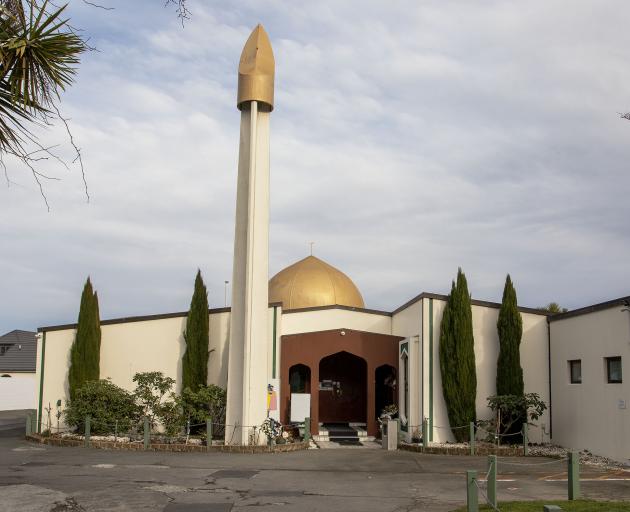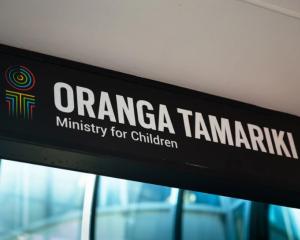
A four-day High Court hearing will begin on Monday, and will likely end with Australian white supremacist Brenton Tarrant given life in prison.
If Justice Cameron Mander sentences him to life without parole, he will become the first criminal in New Zealand's history to receive the weighty term.
Among the relief that justice will be done for one of New Zealand's most atrocious days, there are also sharp concerns.
Legal experts are worried Tarrant, who sacked his legal team last month and will represent himself, will use the platform afforded to him by NZ's justice system in nefarious ways.
"To be blunt, it's everyone's biggest fear," University of Otago law professor Andrew Geddis told AAP.
"The shooter has been the catalyst for copycat actions already.
"There's a fear this could give him a pedestal to further propagate his views and cause similar horrors."
On March 15 last year, Tarrant attacked two Christchurch mosques, killing 51 worshippers while live-streaming his crimes.
Those videos and images continue to live on dark corners of the internet despite the efforts of the NZ Government and tech companies to remove them.
Since then, others have attempted similar crimes.
Last year, attacks on a Walmart in Texas killed 22 people, on a synagogue in California killed one, and a Mosque in Norway was foiled without the loss of life.
The targets were minority groups - Hispanics, Jews and Muslims - but the criminals were all young male white supremacists, citing Tarrant as a perverse inspiration.
On this point, the High Court finds itself in a bind.
Open justice is a key tenet of New Zealand's legal system - justice cannot be done without it being seen to be done, and reported - and there is huge worldwide interest in the sentencing.
Yet all agree it would be irresponsible to allow Tarrant the opportunity to speak unfiltered to the world.
"The New Zealand media has been very responsible around this. They moved quickly to recognise they needed to take proactive steps on how to report it," Mr Geddis continued.
"There has been clearly a great deal of thought about how to balance the competing interests in the case."
New Zealand media has adopted a code of ethics around reporting the case, choosing to platform victims and avoid racist reporting.
No such agreement applies to the wide array of international media covering this week's sentencing, which will watch and report via a live stream.
Justice Mander has adopted a ban on live reporting, embargoing coverage until the end of each session so he can decide what is and isn't publishable by journalists.
Video and photography from the courtroom will be tightly controlled, with just one accredited photographer and camera operator to provide images to the world.
Cathy Strong, a lecturer at Massey University, said it was "censorship but necessary censorship".
"We're in an unprecedented era here," she told Radio NZ.
"We've seen overseas how mass shootings have been an epidemic and someone has to do something to stop it and this is one step. It's unprecedented but it may need to be done."
The High Court has threatened to deny access to media which make or publish recordings of the sentencing, but Mr Geddis fears that will be ineffective.
"Whether that will be successful in stopping overseas media from choosing to do what they do, they'll have to wait and see. It's in essence unenforceable," he said.
"The risk is that he gets to make his plea of mitigation right at the end of the process.
"So if he does what we all fear and gets up and tries to use it as a soapbox and the judge says 'don't show that', and an overseas media does, there's nothing left to ban them from."












